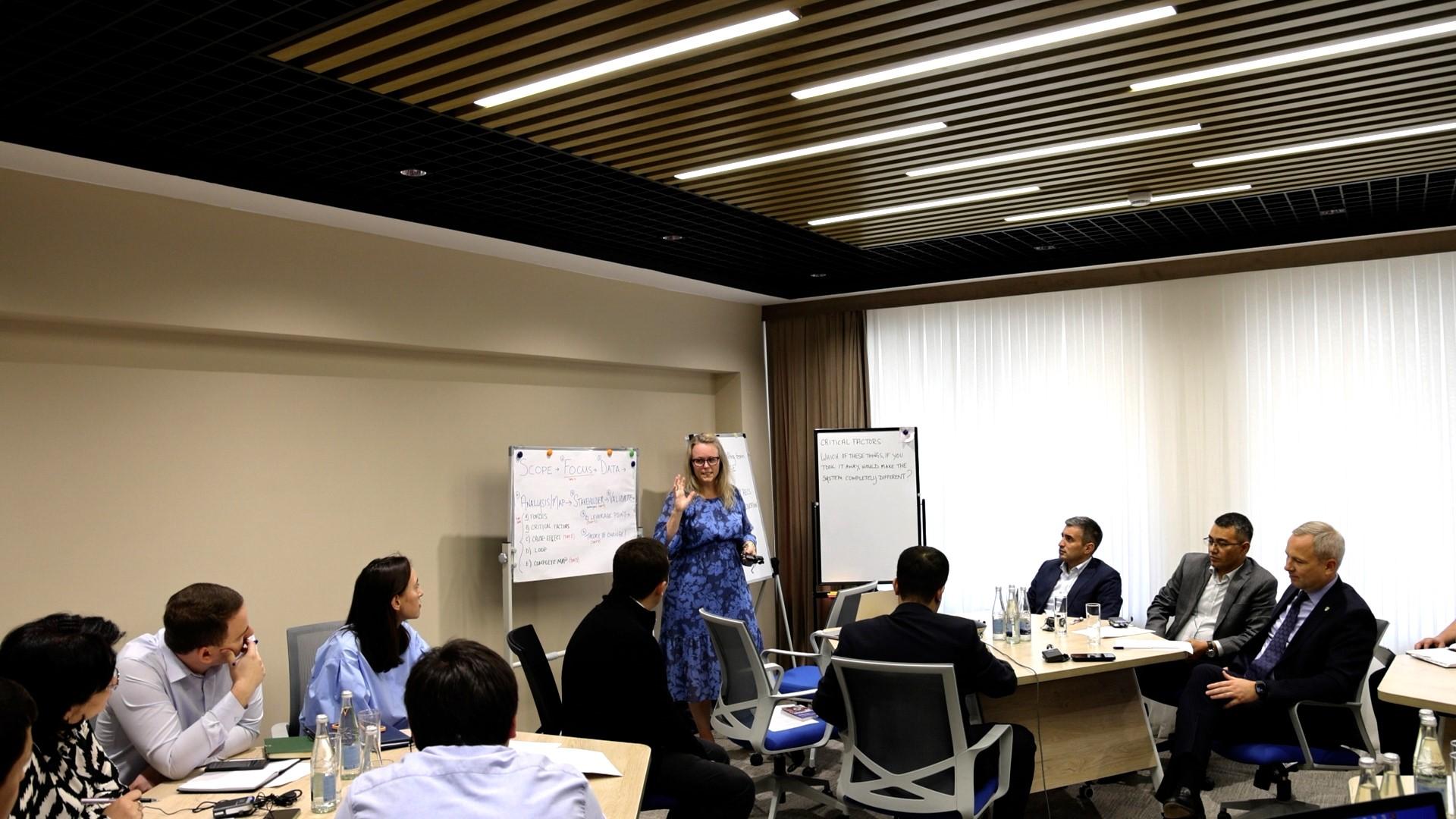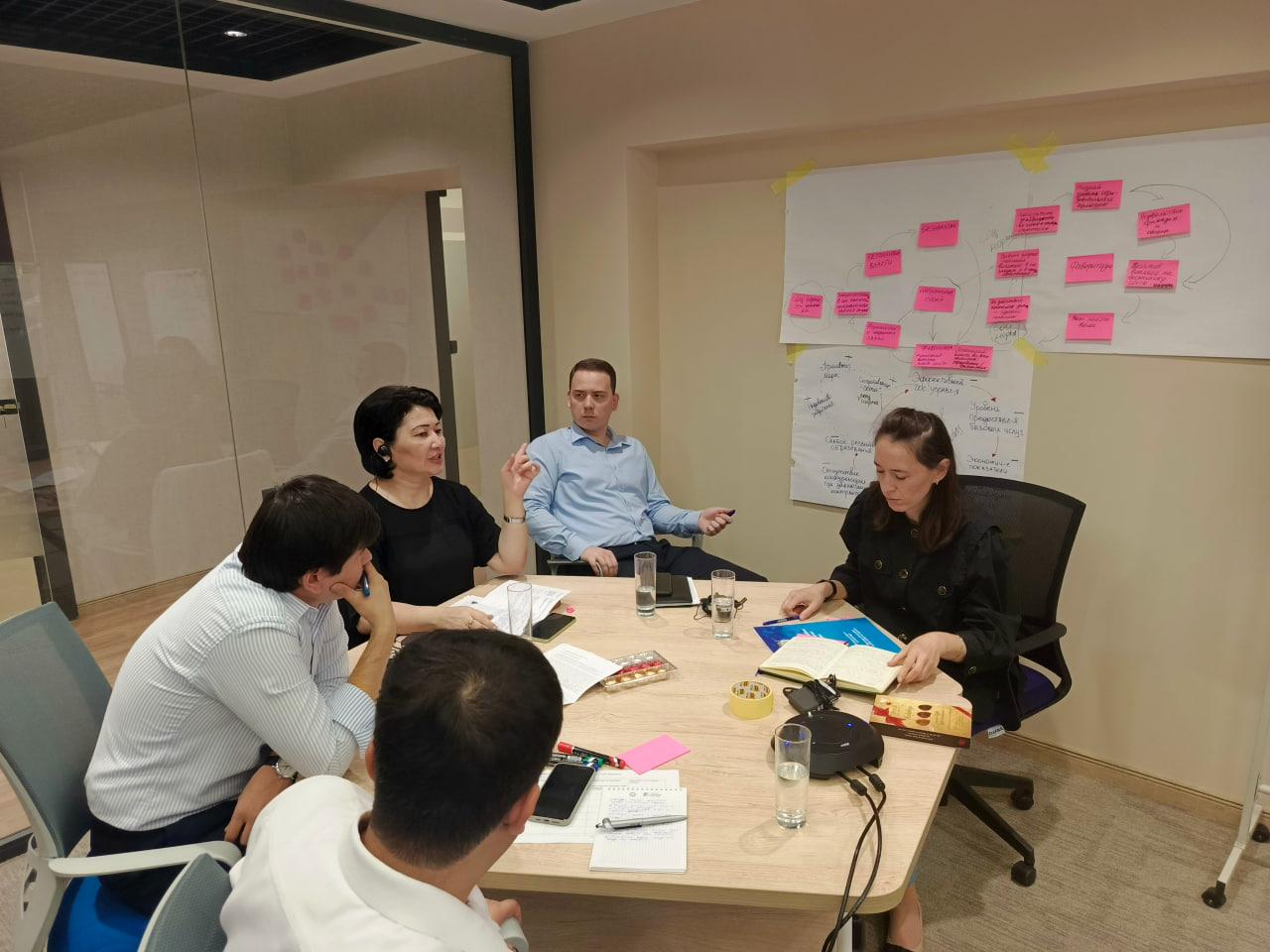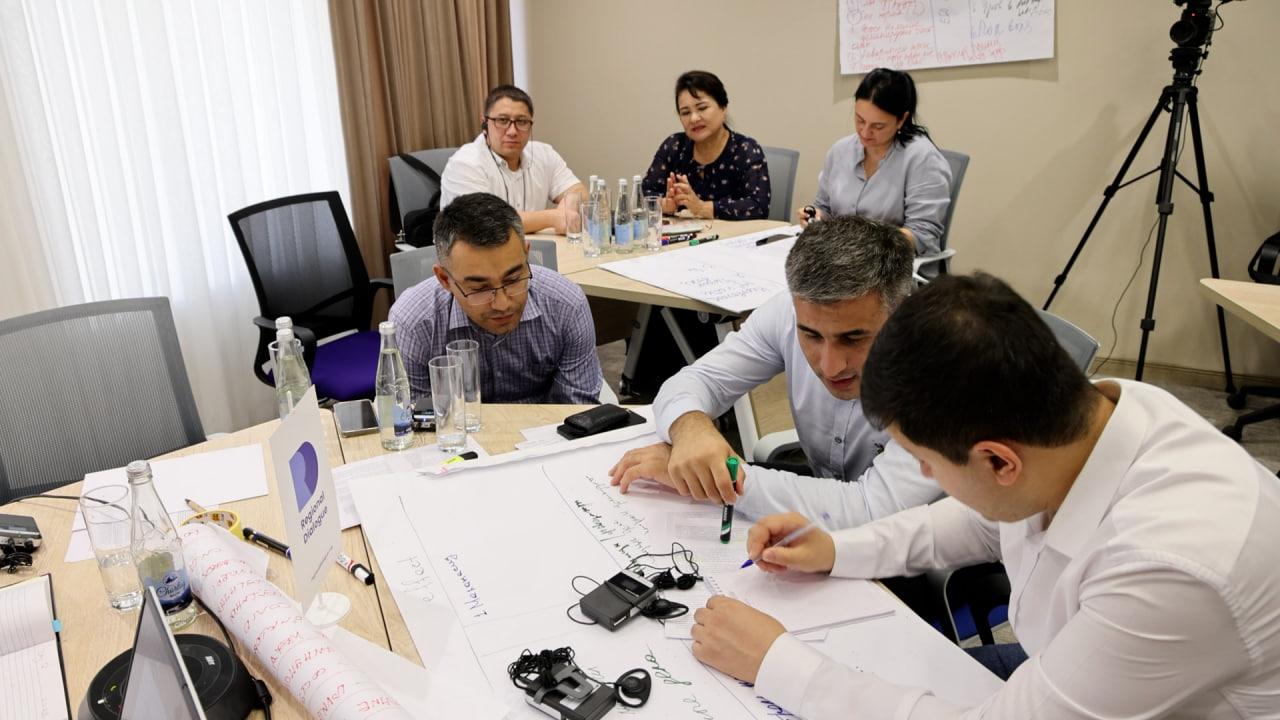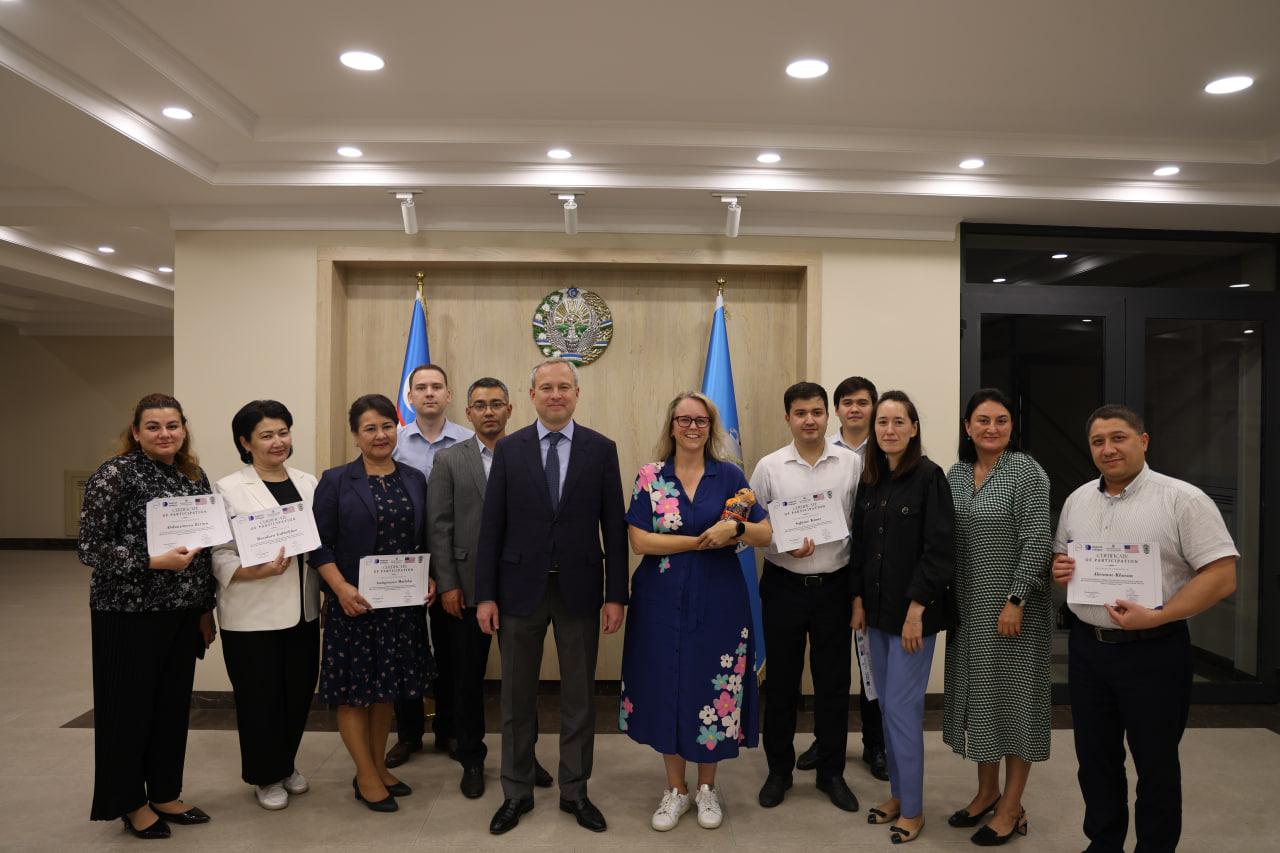Modern Approaches in Corruption Research: A Systematic Approach and the Impact of Social Norms
In recent years, significant institutional and legal reforms have been implemented in Uzbekistan in the fight against corruption. These changes have been supported through the development of corruption research and education, which form an integral part of Uzbekistan’s anti-corruption policy. This provides a foundation for informed decision-making and for evaluating the effectiveness of the measures being taken.
At the same time, addressing the strategic objectives of the country's sustainable development requires the adoption of new systematic measures to ensure the effective implementation of the state’s anti-corruption policy. Moreover, modern science is evolving in response to the changing problems and realities of corruption, as well as the public’s need for more effective measures to combat it.
The main directions of scientific development include: analyzing the root causes and consequences of corruption, understanding its typology, combining interdisciplinary approaches and knowledge to create more comprehensive and effective anti-corruption strategies, developing new methods and tools of analysis (such as artificial intelligence), and evaluating the effectiveness of anti-corruption measures, among others.
International scientific research results demonstrate a shift in conceptual approaches to understanding corruption as a complex and adaptive system, as a "collective action" problem, which requires more systematic and broad analyses aimed at identifying the functions and dynamics of corruption within a wider socio-political context.
In this regard, the Anti-Corruption Research and Education Center of the Law Enforcement Academy, with the support of the NGO "Regional Dialogue," initiated a new research project aimed at studying the impact of social norms on the dynamics of corruption. The study, involving both national and international experts in the field of anti-corruption, was organized with the participation of Sheyan Sherbatke-Church, a leading international expert and co-head of the Corruption, Justice, and Legitimacy Program, and Executive Director of Besa Global.
This research, based on applying a systematic approach to analyzing corruption, is designed to identify how social norms influence corrupt practices and to develop recommendations for preparing more effective network programs to combat corruption. The research project includes two phases: educational and research components, as well as a team consisting of representatives from various fields such as law, sociology, political science, and psychology.
During a series of online training sessions, the national team of experts was introduced to new conceptual approaches to understanding corruption issues, social norms, theories of change, as well as methodologies for analyzing corruption based on systemic thinking, tools for identifying dynamics, and mapping cause-and-effect relationships in various models of corruption.
As a continuation of the educational component, a one-week practical course was organized at the Academy, where the project participants, including representatives of the Prosecutor General’s Office and the Academy, had the opportunity to apply the knowledge they gained in legal practice.
At the end of the training, participants were awarded certificates. Additionally, a draft document was developed, which will serve as the basis for the second phase of the research. This document includes parts such as a systematic approach methodology to analyze the impact of social norms on corruption at the early stages of construction planning, as well as the implementation of the “Corruption-Free Zone” project in the capital construction sector.




